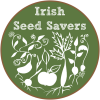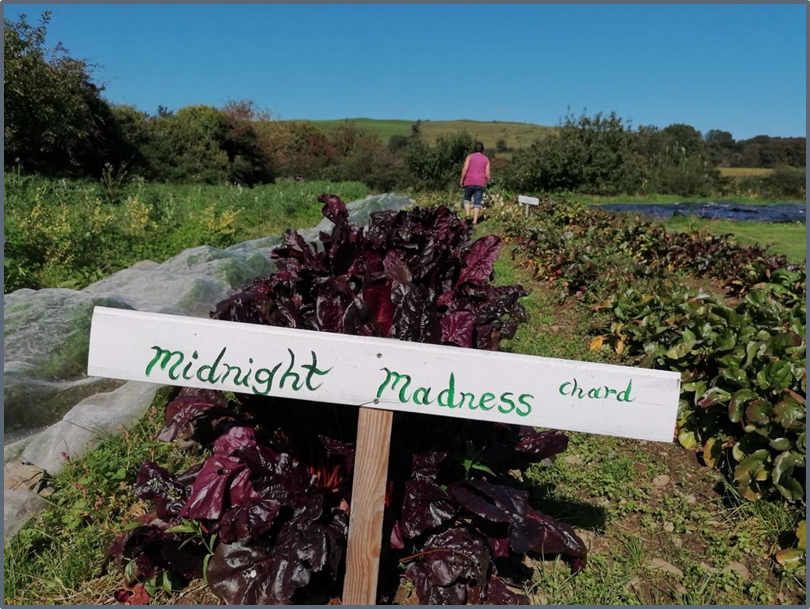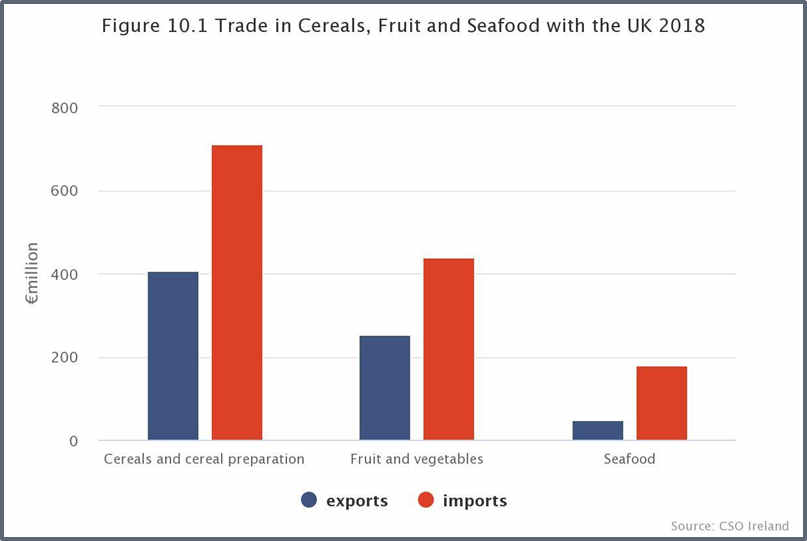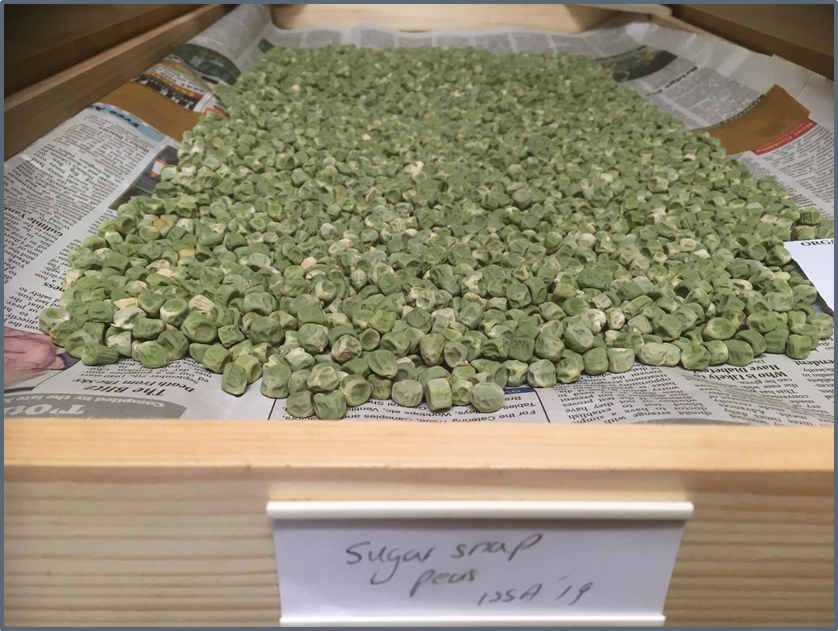Focus on: The Irish Seedsavers Association

Conservation, Food Security & Coronavirus
Before spring flourishes into life at Irish Seed Savers, we are usually finishing the cultivation of our gardens and orchards — turning over green manures, tending to overwintering crops in the polytunnels, pruning our apple trees and setting up irrigation systems to ensure a successful growing season ahead. Unfortunately, just as we were about to get our conservation planting underway, coronavirus took hold in Ireland.
What should be a bustling working farm, with 20 staff working on conservation and education projects, workshops and tours, is currently unrecognisable. A handful of essential staff, rotating schedules, separate breaks and lunches, as well as our gates being closed to the public, is in stark contrast to the community ethos that embodies Irish Seed Savers.

Yet it is when faced with adversity that people come together, attitudes change, growth happens. The crisis we have all found ourselves in has made it more apparent than ever before that our mission, to protect Ireland’s food crops, is vital in helping to secure Ireland’s food security.
We have all seen the pictures of empty supermarket shelves, queues of people stockpiling out of fear that there will be no food for tomorrow. Yet what better way to ensure you have food on your plate than to grow your own? Whether due to social distancing, people spending more time at home or panic buying, the interest in growing and securing a food source has skyrocketed, resulting in a huge demand for our online seed orders.
Our online orders increased by a staggering 225% in the month of March alone. We even needed to take our store offline temporarily because the demand outstripped our reduced capacity. The level of seed orders is unprecedented and has been so high that seed producers across the UK and Ireland have had to close their stores, pushing concerns about food security and supply chains into the spotlight.
As a nation, we rely on importing more fruit and vegetables than we produce and export here in Ireland. Of course this means that in times of such a crisis supply chains could be greatly affected, not just right now, but for the coming year or more. Quarantines and social distancing all have knock-on effects for market gardeners and small-scale organic producers who rely on selling to shops, restaurants and hotels. If producers struggle to grow and sell their produce, this could have detrimental effects on their ability to operate in the very near future. All of this really does highlight how fragile Ireland’s food systems are and how reliant we are on importing fresh fruit and vegetables.
In 2018, Ireland exported €574 million worth of fruit and veg. This is in marked contrast to the €1.3 billion-worth we imported. One third of this is from the UK. That’s more than double the amount we grow and export.(1)

Covid-19 is very different to the catastrophic weather events that have been happening all too regularly in recent years. This is not a specific event that is disrupting a certain region or only a few crop varieties, but rather a societal event that is changing people’s habits and outlooks. With the uncertainty over supply chains, people are realising that they have the ability to provide food for themselves for the coming year.
This could drive a shift in attitudes in the public towards gardening. It’s not just about manicured lawns and flower bushes. It can be about growing fruits and vegetables, feeding your family, and growing produce that’s suited to our climate rather than relying on imported varieties.
This is what we do best at Irish Seed Savers, growing and saving seeds from rare heritage crops that are suited to our climate. By saving these varieties and making them available to the general public, we are actively conserving them and, in many cases, protecting them from extinction.
We work with the Gaia Foundation on the Ireland and UK Seed Sovereignty programme, which “aims to raise awareness amongst farmers, growers and the general public on the issues surrounding seeds, their provenance and their production. By providing support to farmers, seed producers and partners across the seed sector, we want to foster a more supportive environment for a biodiverse and ecologically sustainable seed system to thrive.” (2)

Our outreach and education programmes are all designed to further enhance Ireland’s food security — to build resilience, not just for individuals, but for communities to come together and empower local economies to be more self-sufficient.
For now, amidst the lockdown, we continue our essential conservation work on the farm and when we come through this crisis, we will continue to be here for the hundreds of budding gardeners out there.
A food revolution starts with a seed.
Ireland’s Trade in Goods 2018 Central Statistics Office
(1) https://www.cso.ie/en/releasesandpublications/ep/p-ti/irelandstradeingoods2018/







